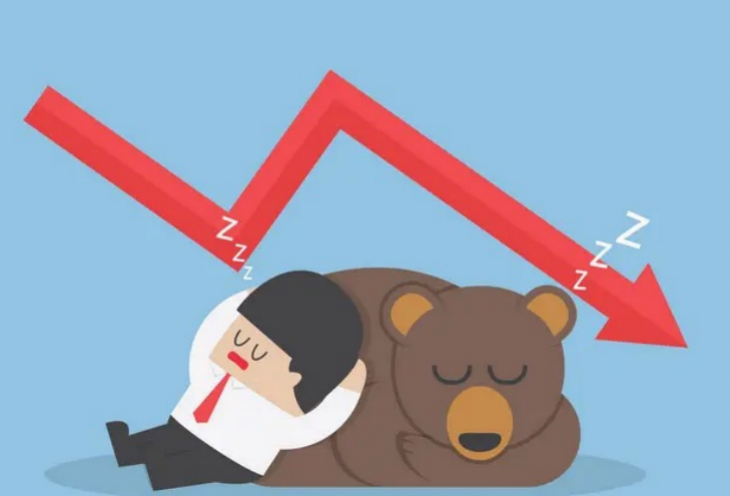What is Waiver of Premium?
This may save you from spending extra money!

When we buy critical illness insurance, we usually see the “waiver of premium” clause, but many people may not know what this waiver means and what it does to us.
There was a case of Mr. S who bought critical illness insurance for himself and his wife last year. He went to the hospital for a physical examination some time ago and was found to have carcinoma in situ.
Fortunately, when he applied for insurance at that time, he felt the waiver of premium was not that much money added, that’s why he had a waiver of premium. Mr. S never expected it to come in handy.
In the follow-up, Mr. S's two insurance policies do not need to be paid, and the rest of the clauses continues to be valid.
With timely treatment, Mr. S is expected to recover in the near future, which is indeed a blessing in misfortune.
We can get a general idea from the above example.
Every extra penny deserves its value. That means the additional waiver of premium also needs an increase of the original premium. Thereupon it is important for us to find out whether it is necessary to spend extra money on this "waiver of premium ".
Before we can decide, we must first figure out what is the waiver of premium?

Exempted premiums refer to: the remaining premiums of the main insurance or long-term additional insurance contracts are exempted during the insurance period.
Premium waiver solves the follow-up premium problem. It helps reduce the family’s economic pressure, and plays a role in risk sharing. It is undoubtedly the “insurance” in insurance.
Waiver of premium has two types, one is for the insured and one for policyholder.
Tip:
The insured refers to the person covered by the policy, and the policyholder refers to the person who pays for the policy.
In critical illness insurance, the insured waiver is usually a self-insured liability, while the policyholder waiver requires extras.
Now let's take a look in detail:
1. Exemption of the insured:
When the insured reaches a certain specific situation and meets the exemption conditions stipulated in the insurance contract, subsequent premiums are exempted, and the guarantee liability continues to be effective.
2. Exemption of the policyholder:
When the policyholder reaches a certain specific situation and meets the exemption conditions stipulated in the insurance contract, subsequent premiums are exempted, and the guarantee liability continues to be effective.
Waiver of premium is indeed a very practical insurance clause, but it is not the most important consideration when buying insurance.
Please stick around and find more information in articles on our site!
(Writer:Cick)




